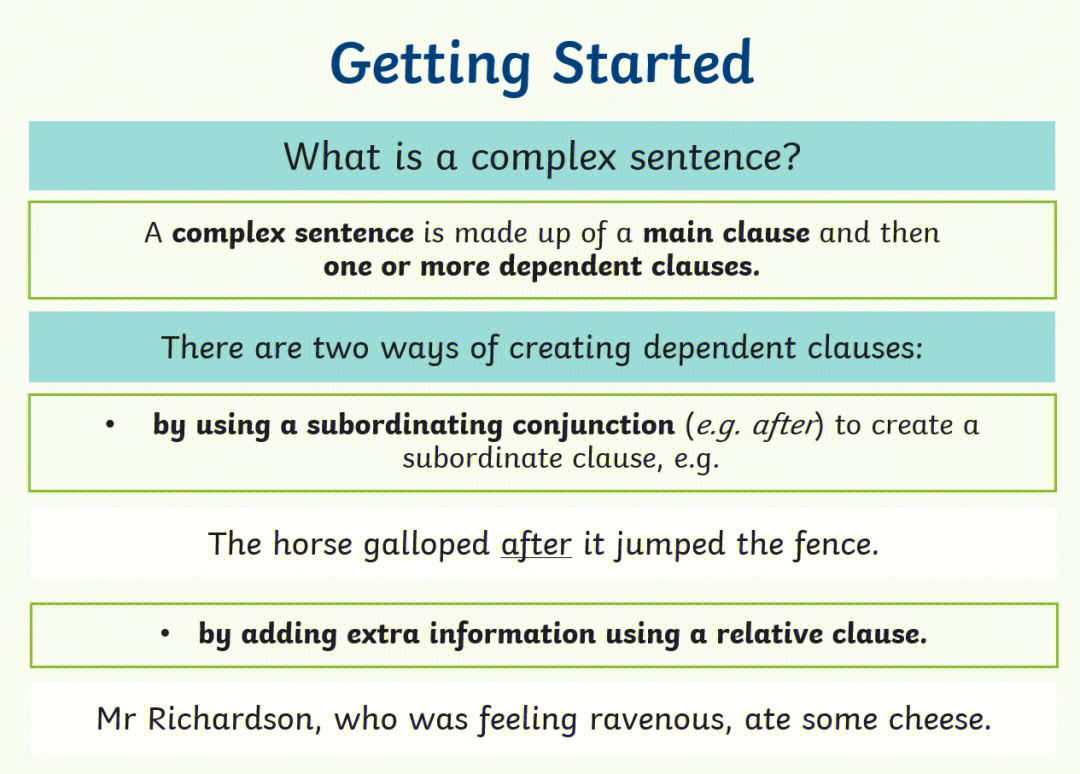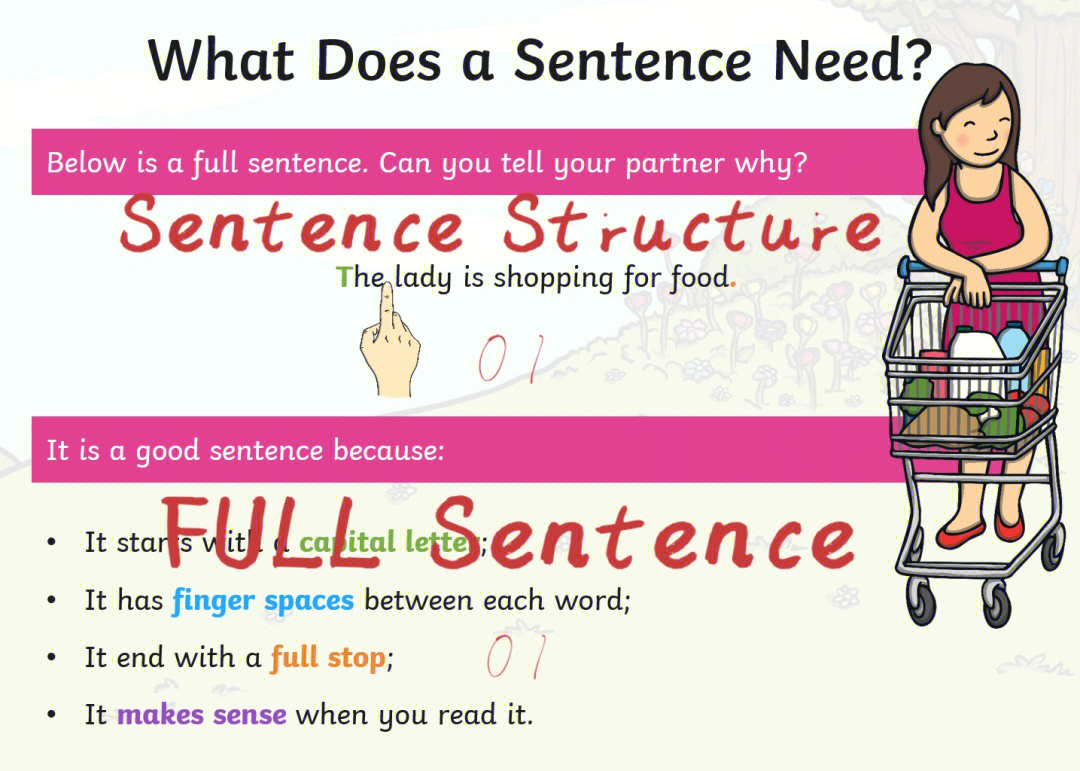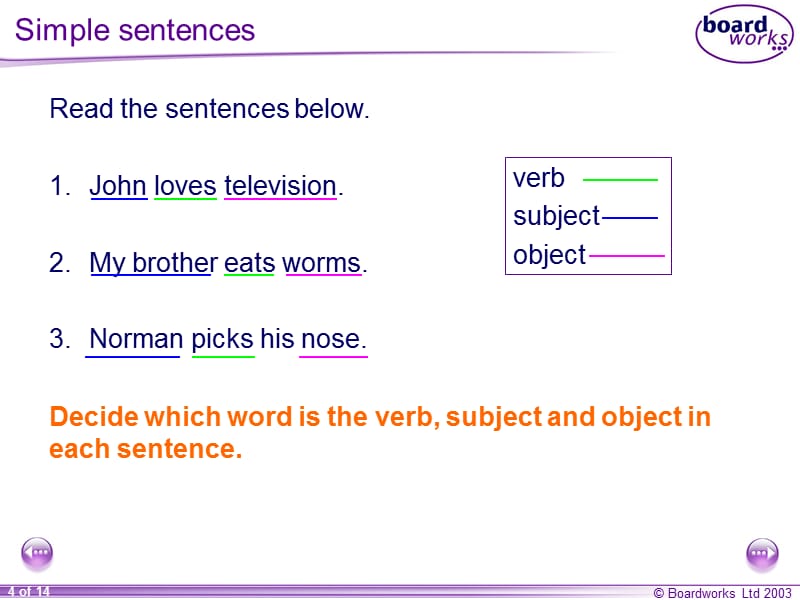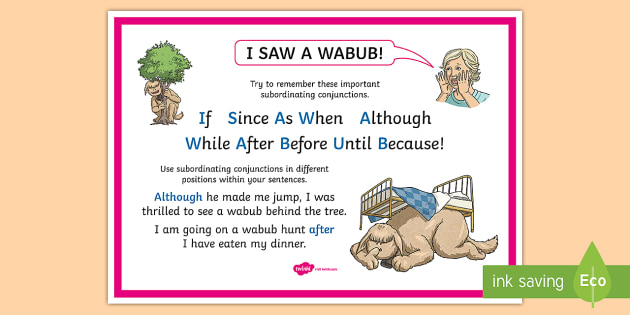来源:68手游网 更新:2023-09-08 17:02:38
用手机看
Subordinating conjunctions are powerful tools in the world of grammar. They have the ability to connect two clauses together, creating complex sentences that add depth and variety to our writing. With subordinating conjunctions, we can express relationships of time, cause and effect, condition, contrast, and more. Let's explore the wonders of subordinating conjunctions and see how they can elevate our writing to new heights.

When it comes to expressing time relationships, subordinating conjunctions like "after,""before,""since," and "while" come to our rescue. For example, we can say,"After I finish my work, I will go for a walk." Here, the subordinating conjunction "after" introduces the dependent clause "I finish my work," which is connected to the independent clause "I will go for a walk." This combination gives us a clear understanding of the sequence of events.
In addition to time relationships, subordinating conjunctions also help us express cause and effect. Words like "because,""since," and "as" are commonly used in this context. For instance, we can say,"Because it was raining heavily, we decided to stay indoors." The subordinating conjunction "because" establishes the cause (heavy rain), while the main clause presents the effect (staying indoors). This connection allows us to convey a logical relationship between ideas.

Furthermore, subordinating conjunctions enable us to express conditions. Phrases such as "if,""unless," and "provided that" are frequently used for this purpose. Consider this example:"If you study hard, you will pass the exam." The subordinating conjunction "if" introduces the condition (studying hard), while the main clause presents the result (passing the exam). By using such a structure, we can clearly communicate the necessary requirements for a desired outcome.

Subordinating conjunctions also help us express contrasting ideas. Words like "although,""while," and "though" come into play here. For example, we can say,"Although it was cold outside, she went for a run." The subordinating conjunction "although" sets up the contrast between the cold weather and the person's decision to go for a run. This contrast adds complexity and interest to our writing.

In conclusion, subordinating conjunctions are essential tools for creating complex sentences and enhancing our writing。